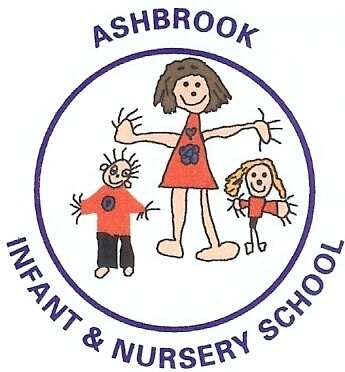RE
INTENT
To ensure all pupils:
- are able to investigate the beliefs and practices of religions and other world views
- are able to investigate how religions and other world views address questions of meaning, purpose and value
- are able to investigate how religions and other world views influence morality, identity and diversity
IMPLEMENTATION
- The teaching of Religious Education begins in Foundation Stage as the children begin to encounter religions and other world views through learning about special people, books, times, places and objects. As the children move into Key Stage 1, they will build on their earlier work using the Agreed Syllabus 2020 as the guidelines for teaching and learning. Teaching and learning will focus around Christian, Muslim and Jewish people, alongside understanding of non-religious approaches to life. Aspects of other faiths will be included as appropriate, such as teaching about specific faiths or rituals. Stories, plays and poems from the bible and other religious and moral sources will be shared with the children. Religious Education offers a stimulus for the development of oracy, writing, story, art, design technology and drama, and for the development of thinking and reasoning skills. Whenever possible, teachers will use first-hand experience, visits, visitors, artefacts, and the local and wider environment to engage children’s interest and imagination. Through their understanding of the different faiths and beliefs children will be encouraged to develop their feelings, empathy and understanding for others. Through their understanding of world religions, children will develop an understanding of the British society in which they live. Children will learn about rights and responsibilities, moral, spiritual, social and environmental issues.
